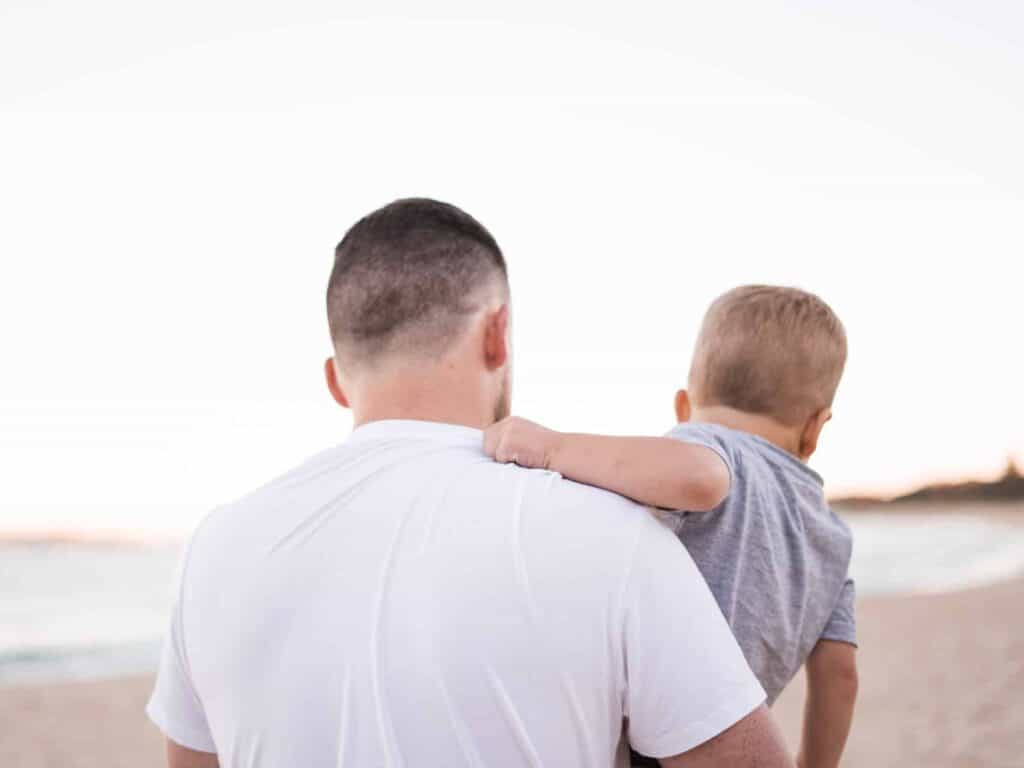Adoptive parents face a unique hurdle. Talking to your child about his/her adoption is a personal, private affair, one that each adoptive parent will go about differently.
There are no right or wrong ways to talk to your child about being adopted, however several guidelines may make it easier.
To Tell, Or Not to Tell?
Deciding whether or not to talk to your adopted child about their adoption may well be the most important decision you will need to make as an adoptive parent.
In today’s society, adoption is a common occurrence, and the vast majority of children who are adopted know this.
If you are considering not telling your child (s)he was adopted, remember:
- If your child finds out later, (s)he may feel that you were keeping a secret because you were ashamed.
- If your child finds out later, (s)he may feel that you have lied and could question your honesty about other matters.
- If your child finds out later, (s)he may feel betrayed that others, such as aunts, uncles and grandparents knew, but no one shared with him/her.
- Your child will need to present a birth certificate for various matters throughout life and will discover their adoption at some point.
- Your child may need to understand his/her biological family history for medical reasons.
Early and Often
Talking to your child about his/her adoption can begin from the moment you become a family.
- There will never be a “golden moment” to tell your child about his/her adoption. Would you really want to engineer one life-altering discussion even if you could?
- Telling an infant or toddler about their adoption will not make a difference to them, but it will for you. The more you practice, the better your presentation will be by the time your child is old enough to understand.
- It is important that children hear about their adoptions in positive terms right from the start.
- Keep the information coming. As your child grows, determine what is appropriate for him/her to know. Begin conversations yourself.
- Be open and honest. Answer your child’s questions.
- Speak positively about the birth parents. If you know their names, use them.
- Tell the story of your child’s birth. If you know these details, share them with your child.
- Tell the story of your child’s Adoption Day. Consider celebrating this as a yearly event.
Include Others
When you adopt a child, you are not just adding a member to your immediate family, but to your extended family and all of your social networks as well. Talking to your family and friends about your adoption is a smart idea. Discuss:
- The type of adoption you decided upon.
- Public – you adopted a child who was in the government welfare system.
- Private – you adopted a child through a for-profit agency.
- Stepparent – as a stepparent you formally adopted your partner’s child.
- Single Parent – you have adopted a child without a partner.
- Multiracial – you adopted a child who is of a different race.
- International – you adopted a child from another country.
- Use positive language.
- Refer to “birth parents,” not “real parents.”
- Do not differentiate between your adopted children and your “real” children.
- Focus on the adoption, not the adopted child.
- Speak for yourself. Do not attempt to become a spokesperson for all adoptive parents.
Develop a Thick Skin
As an adoptive parent you will no doubt be subjected to questions or statements that will make you flinch. Develop as thick a skin as you can manage, and use every opportunity as a teaching opportunity.
- Remind yourself that not everyone is familiar with adoption and they may not even realise they have said something rude or offensive.
- If someone asks only about your adopted child, include all of your children in the answer.
- If someone feels the need to congratulate you on being wonderful/kind/generous for adopting a child, reply that you are the ones blessed with such a fine child.
- Avoid any references to “real” children or siblings. Reaffirm that all of your children are loved and looked after.
- When asked about “real parents,” kindly but firmly assert that you are the “real parents.” Leave no room for discussion.
Remember, no matter how you answer you will most likely be answering in front of your children. Think about what you want them to hear before you answer!
Seek Support
Many agencies exist in the UK to inform, advise and support adoptive families – take a look at The British Association for Adoption and Fostering
Finding a local support group, whether it be run by the council, a community centre, your church or independently will also help you connect with others who understand your hopes, joys and fears as an adoptive parent.
Though a more common occurrence in today’s society, adoption still brings with it many unique questions and concerns.
Deciding how you as an adoptive parent will deal with these special issues will set the tone for all of your family and friends.
Take these issues seriously, but don’t let them overshadow the excitement and joy of your new family!


